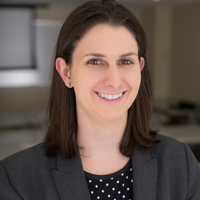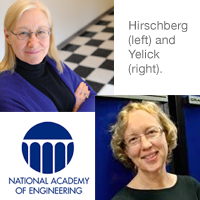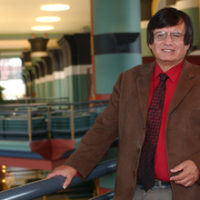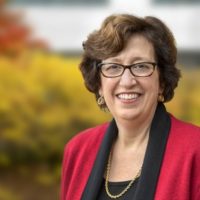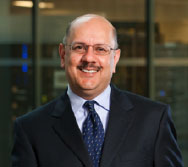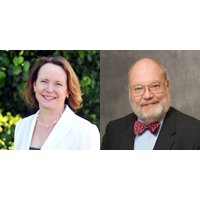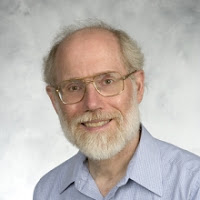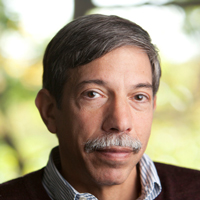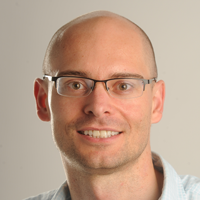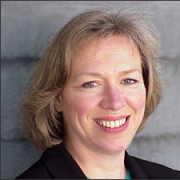CRA Board Member Farnam Jahanian, who is provost of Carnegie Mellon University (CMU), was recently recognized the the Carnegie Corporation of New York’s “Great Immigrants – The Pride of America Campaign.” The CMU news site reported:
Since 2006, the corporation, which was established by CMU founder and Scottish immigrant Andrew Carnegie, has recognized the contributions of naturalized citizens with the “Great Immigrants” campaign. This year’s honorees will be saluted in public service announcements appearing in print and on a companion website.
“I thank the Carnegie Corporation for this wonderful honor,” Jahanian said. “Immigration has been a cornerstone of the American experiment. The ideals of freedom, equality, and opportunity unify us as a nation while the realization of these values celebrates our diversity. Through his dedication to advancing education, Andrew Carnegie provided opportunities to pursue this American Dream.”
